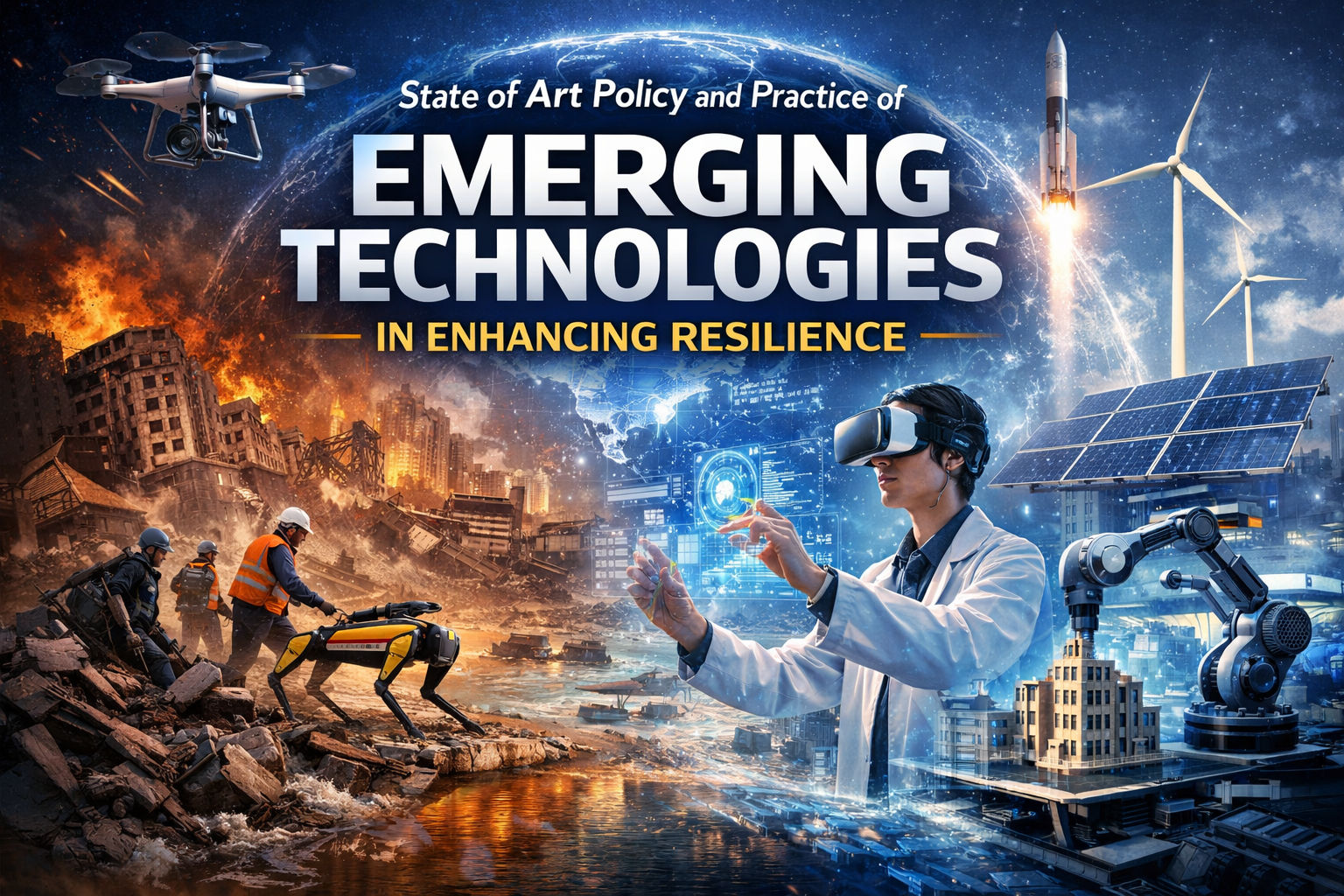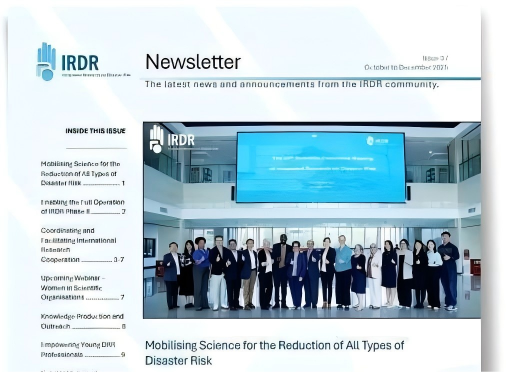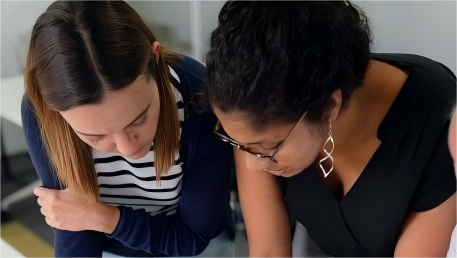Young researchers helped shape science policy in developing nations, with a number of them contributing to the UN’s recent prototype Global Sustainable Development Report — a planned one-stop shop for science advice.
The present prototype global sustainable development report is the result of a collaborative effort of more than two thousand scientists and 50 staff from 20 UN entities from all world regions. The report illustrates a range of potential content and discusses potential overall directions for the Global Sustainable Development Report.
“If a wide group of young researchers were mobilised in this way across the world, a very useful library of high-quality briefs could be developed, possibly in a range of languages,” says the report. Nargis Artyushevskaya, who worked for UNICEF (the UN Children’s Fund) in Tajikistan for eight years before recently completing masters in environmental studies at the State University of New York (SUNY), United States, was involved in peer reviewing the digests. “It was not just reading and commenting. I had to do my own research and ask challenging questions,” she says. “I knew it would be painful, as people don’t like criticism.”
The idea for recruiting young people to help with the report came from Artyushevskaya’s supervisor at SUNY, David Sonnenfeld. Along with Bettina Bluemling, then a researcher at Wageningen University in the Netherlands, he offered their graduate students to the UN as ‘externs’. Sonnenfeld says that the UN liked the international mix of his students, who included young researchers from Indonesia and Latin America as well as Tajikistan.
The prototype report has made use of existing scientific research and in-depth studies from a wide range of sources, including the large number of scientific contributions for Rio+20. It considered hundreds of assessments, including 57 international assessments, 69 national sustainable development reports, 125 flagship publications of the UN system, 23 outlook reports prepared by intergovernmental organizations and more than 1,000 academic articles and think-pieces. In particular, it has considered the following: international scientific, topical assessments (e.g., IPCC, IPBES, GEA, GEO, IAASTD); Sustainable Development in the 21st Century (SD21) project studies; Sustainable Development Solutions Network (SDSN); Sustainable Development issue briefs, official submissions and other inputs for Rio+20; the Future Earth Initiative; science-policy briefs on sustainable development by Academies of Science and others; institutional reports; and Government-sponsored research on sustainable development.
Claudio Huepe Minoletti, an economist at Chile’s Diego Portales University who contributed to the report, says that the report could act as a ‘translator’ as it was put together by people with knowledge of the different languages of science and policy.
Link to the report.
Sources: SciDEv and UN’s recent prototype Global Sustainable Development Report






